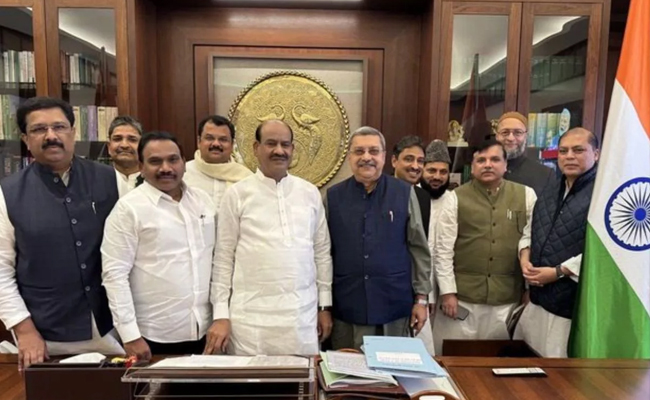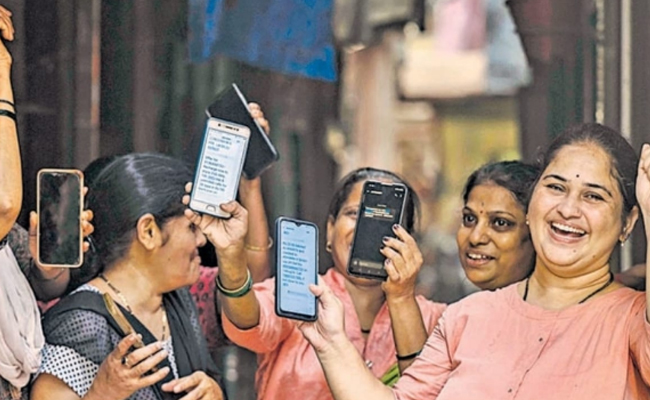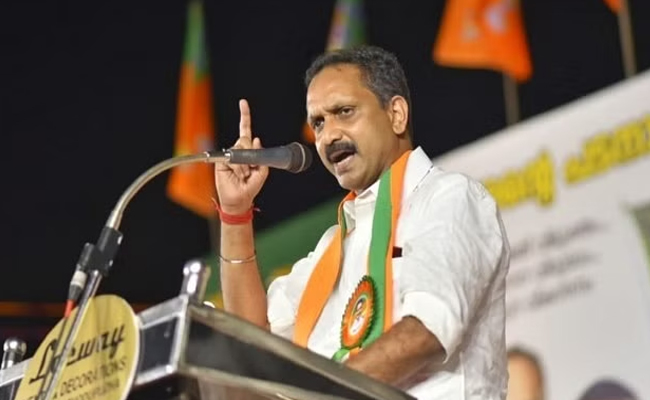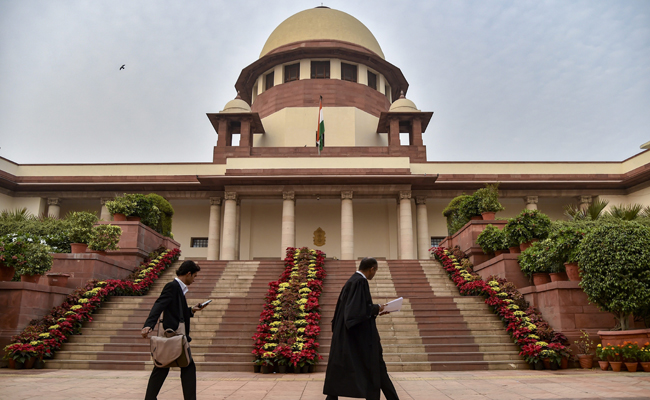New Delhi: Opposition MPs have urged Lok Sabha Speaker Om Birla to extend the tenure of the Joint Parliamentary Committee (JPC) on the Waqf (Amendment) Bill, 2024. They argued that a mere three-month period to finalise the report is insufficient given the legislation's broad implications.
The MPs highlighted that the bill proposes extensive changes to existing laws, impacting a significant portion of the population. “Rushing the report could lead to improper recommendations,” the opposition members stated in their letter to the Speaker.
Trinamool Congress MP Kalyan Banerjee noted after a meeting with Birla that the Speaker had assured them of an extension to allow more stakeholders to present their views.
The letter also criticised the inclusion of “irrelevant organisations and individuals” in the JPC’s discussions and pointed out that several state governments, including Bihar, New Delhi, and Uttar Pradesh, have yet to appear before the committee.
The Winter Session of Parliament, which begins today, includes the Waqf (Amendment) Bill, 2024, among the bills set for consideration. The bill aims to digitise records, introduce stricter audits, enhance transparency, and reclaim illegally occupied properties.
The JPC has conducted 25 sittings so far, engaging with government officials, legal experts, Waqf Board members, and community representatives across states and Union Territories. However, opposition MPs stressed that hastily finalising the report could undermine the legislative process and diminish Parliament’s credibility.
Let the Truth be known. If you read VB and like VB, please be a VB Supporter and Help us deliver the Truth to one and all.
Mumbai: A day after the Mahayuti coalition secured a landslide victory in the Maharashtra Assembly elections, attention has turned to the Ladki Bahin Yojana, a flagship welfare scheme that played a pivotal role in attracting women voters.
The scheme, launched in July 2024, offers ₹1,500 per month to economically disadvantaged women aged 18 to 65. The Mahayuti, in its election manifesto, pledged to increase the amount to ₹2,100 per month, a promise now under scrutiny due to fiscal concerns. With the scheme projected to cost the exchequer ₹33,300 crore from July 2024 to March 2025, bureaucrats are exploring ways to revise its provisions to prevent a financial imbalance.
Finance Minister and NCP leader Ajit Pawar hinted at the challenges, stressing the need for "financial discipline." A senior bureaucrat confirmed that plans are underway to prune the list of beneficiaries, citing the inclusion of ineligible individuals due to incomplete Aadhaar seeding and lack of required ration cards. According to the finance department, nearly one crore women out of the 2.43 crore registered beneficiaries may not qualify for the scheme.
The state’s debt burden is already projected to reach ₹7.82 lakh crore for the fiscal year 2024-25. Officials warn that continuing the scheme in its current form could impact the government’s ability to pay salaries by January. Despite these concerns, the ruling coalition is hesitant to reduce the beneficiary list, likely due to the upcoming civic elections.
Chief Secretary Sujata Saunik is expected to present renegotiation proposals to the new chief minister soon. Meanwhile, Shiv Sena spokesperson Krishna Hegde credited the scheme for increasing the number of women voters and boosting the coalition’s vote share. NCP (SP) leader Sharad Pawar also acknowledged the scheme’s role in mobilising women voters.
Other welfare measures introduced by the government include an electricity bill waiver for farmers and three free LPG cylinders annually for six million households. However, the financial viability of such initiatives remains a pressing concern.





